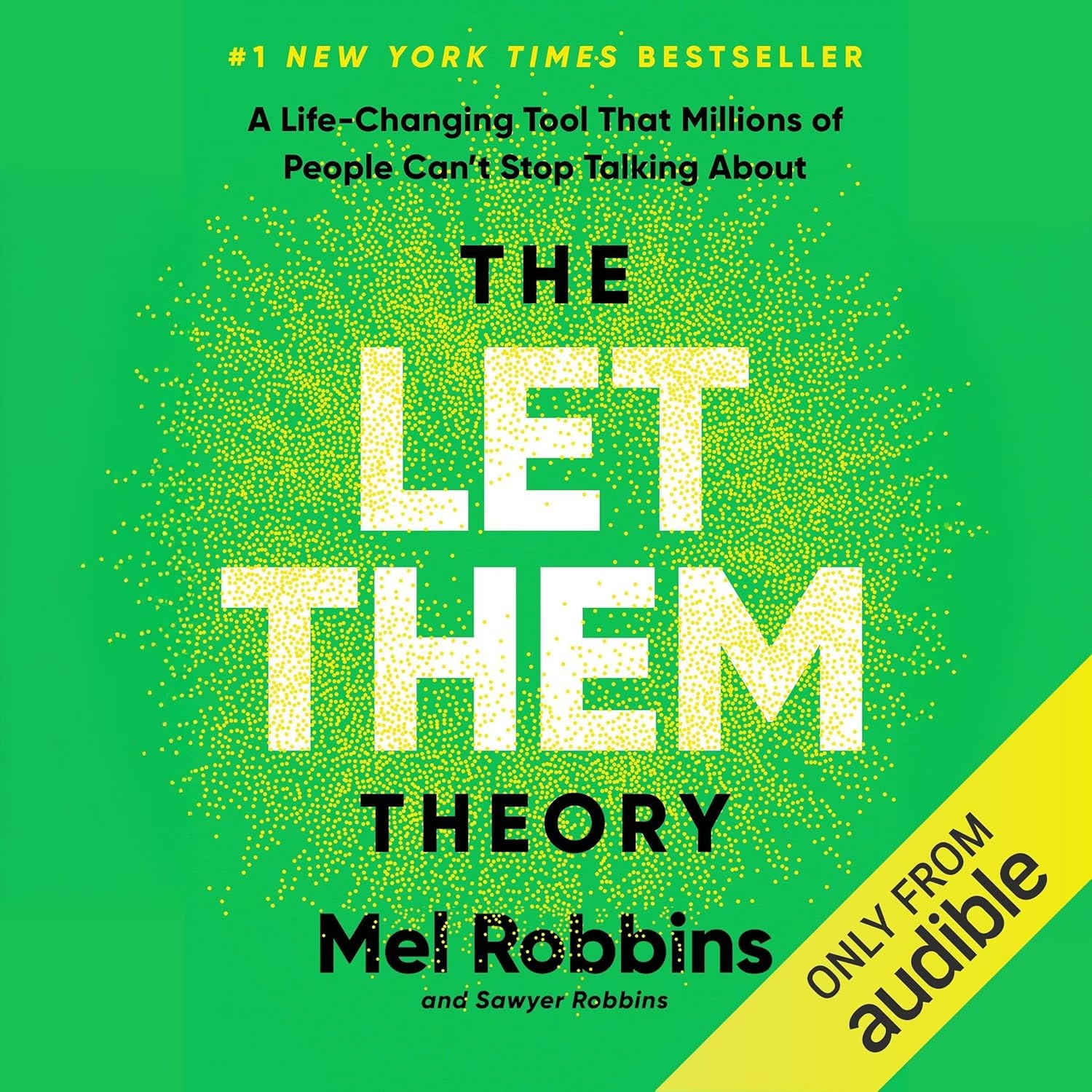I get so excited when I see a new book of yours because I know it will broaden my world and give me a very personal look at a specific time in history. Have you always been a history buff? What compels you to turn to history for your subject matter?
I was not particularly engaged by history until I met and married my husband Tony Horwitz, who lives and breathes it. He more or less dragged me into sharing his fascination with the past. It suits me, as a storyteller, because the historical record — a shard of truth from the past — gives you a wonderful scaffolding for a novel, but when the record falls silent and the unknowns accumulate, there’s room for imagination to build a fictional edifice.
You’ve written a couple of non-fiction books and have worked as a foreign correspondent so you’re no stranger to journalism! What made you decide to write People of the Book, March, Year of Wonders and now Caleb’s Crossing as novels when they’re all based on true events?
In all of these stories, the historical record is scant. You can’t know what I always want to know: what was that like? How did that come about? How did it feel to those who lived through it? If the record is large and fulsome, I would leave it to a narrative historian. I need voids.
You have an amazing ability to find a piece of history that’s deeply significant yet often overlooked. I loved reading Caleb’s Crossing and was so moved to learn about the first Native American to graduate from Harvard. How did this come to your attention? What resonated with you about his story that made you want to write about it?
I live on Martha’s Vineyard where the native Wampanoag tribe have always known and treasured Caleb’s story and his memory. I learned of him in some materials the tribe had prepared and I was astonished by the date of his commencement. It started a cascade of questions in my mind, and I turned to history to answer them, only to find a great many voids.
Caleb’s Crossing is being published at the same time that Tiffany Smalley will graduate from Harvard – a fact which is particularly poignant after reading the book. She’s the first Vineyard Wampanoag to earn an undergraduate degree there since Caleb, who will be the subject of an official portrait. Were you aware of any of this when you decided to write about Caleb? How does it make you feel?
Also in the news today: Harvard will honor Caleb’s fellow classmate, Joel Iacoomis, with a posthumous degree. I started my research in 2006, when Harvard had just recently started to reclaim this chapter of its history with a plaque honoring its early Indian students and an archeological dig attempting to locate and investigate the site of the early Indian College where those scholars lived at Harvard. Tiffany Smalley was accepted to Harvard the following year and I met her as a freshman, but I had no idea that my book and her graduation would coincide like this.
In the Afterword, you mention the “slender scaffolding” of the documented history upon which the story is based. Is it easier or more difficult to write a novel when the real-life facts themselves are pretty sparse?
Put it this way: it’s impossible when they’re too plentiful. Had Caleb kept a journal every day, and if historians had that, then there would be no need for a novelist.
What was the most surprising fact you discovered about that time period in your research?
That there was a young Indian girl attending Daniel Weld’s prep school in Roxbury. “Joane the Indian Mayde” is referred to as receiving instruction from Weld, who taught Latin. This is extraordinary, as English girls did not receive this kind of education at that time. So Joane must have been a truly exceptional intellect. I hope some historians will be able to tell us more about her some day.
What message would you like your readers to take away from this powerful story?
That’s up to my readers. I think we all take different things from the same novel. I know I take different things from a novel depending on what stage my life is at when I read it first, and when I re-read it later. For instance when I read Lord of the Rings as a kid, I was moved by the idea that even underrated, insignificant individuals can effect great change. When I read it to my son, many years later, I was struck by the theme that in order to fight evil, you must sometimes sacrifice much that is good. That no gain comes without some loss. I had to be older, to have experienced loss, in order to see that in the book.
Bethia is such a strong, empowering role model yet she’s totally a character out of your imagination – she’s not modeled after a specific woman. Why did you choose her to be the narrator, and what were the most important characteristics you wanted to give her?
In the historical record there’s an interesting tidbit that the minster’s son, Matthew, went off to prep school with Caleb and Joel but didn’t matriculate to Harvard. I wondered if this was a source of jealousy, or if the minister had expended so much time and enthusiasm on the Indian lads that his own son had felt slighted — it’s one of the voids so we can’t know. But the novelist’s imagination gets going and I started to imagine a conflict, then imagine who best could observe it. So I invented a sister, Bethia. My idea was that she would have nothing in common with Caleb — different world view, different life experience. But they would share one key trait: a ravenous hunger for learning, which they would pursue no matter what risks, what costs.
Because your writing is so eloquent and lyrical, the time period and setting come to life vividly, and it’s easy to picture Caleb’s Crossing as a movie. Any plans to bring any of your books to the big screen? I understand Catherine Zeta Jones bought the rights to People of the Book. Would you be writing the screenplay?
All of my novels have been optioned for movies; all have been turned into sceenplays by others. None has yet made it to the screen. This time I did sit down with a collaborator who knows the screenwriting form, to write the screen adaption. We’ll see what happens.
You have brought such a sense of humanity to history. What historical event will you be tackling next?
Something very long ago and very far away, but I can’t say more just now.




My book club has read and enjoyed discussing Geraldine Brooks’s
novels and Caleb’s Crossing is next on our agenda. Thank you SSS for letting us meet the woman who wrote these great thought provoking books.
One of my all-time favorite authors!
I can’t wait to read this book. I loved all her others.
What an interesting subject! Will have to download it onto my Nook before we go on vacation
my book club had the best discussion about year of wonders. maybe we’ll make this our next selection. thanks for suggesting it.
I have every one ofher books and am very excited about reading this one. It sounds like another great topic and I completely agree that i always learn something new from her books.
Can not wait to read this!!
I’m such a fan of Geraldine Brooks’ works … I’ve already bought Caleb’s Crossing; will be reading it very soon! Thanks for the great interview.